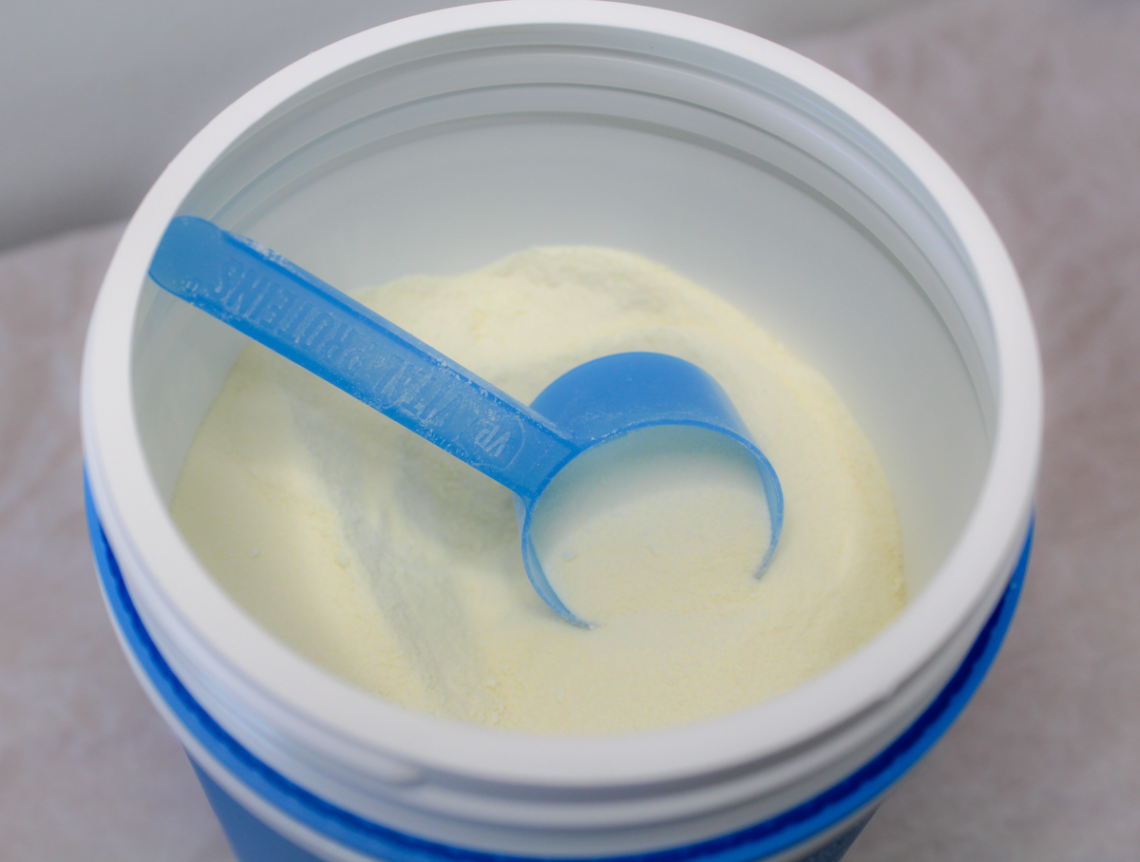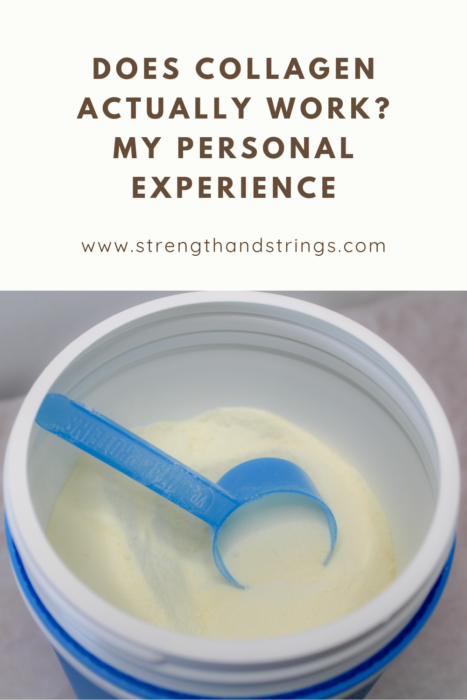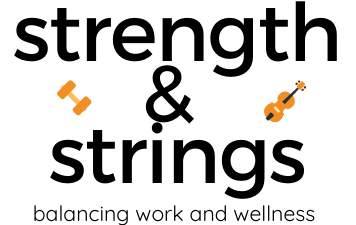
Do collagen supplements actually work? My personal experience
This page contains affiliate links. Purchasing an item through these links will provide me a commission at no additional cost to you. Please see my disclaimer, privacy policy, and terms of use for additional information.
Over the past few years, collagen supplements have become more prevalent in the beauty and wellness industry. Before the rise of collagen powder all of my social media, I only thought of collagen as face fillers for reducing the signs of aging.
Initially, I thought collagen was another gimmick from the wellness industry. Initially, I did not consider using it since I was in my mid-twenties and was still getting misidentified as a teenager.
Within the past year, I noticed that my skin was starting to change. Wrinkles were starting to appear in new areas of my face and the ones that were already there were getting deeper. Also, my skin was not responding as well to my skin care routine and I needed to make some changes.
As I approach my thirties, I decided to start taking collagen supplements to see if they make a difference. Continue reading to learn more about collagen supplements and to hear about my personal experience and recommendations.
Table of Contents
What is collagen?
Collagen is the most ample protein in the body, accounting for one-third. It is one of the major components for bones, skin, muscles, tendons, and ligaments. Like other proteins, collagen is comprised of several amino acids including glycine, proline, hydroxyproline and arginine.
There are about 16 types of collagen, however, there are 3 main types:
- Type I – Accounts for 90% of your body’s collagen. Provides structure to skin, bones, tendons, fibrous cartilage, connective tissue, and teeth.
- Type II – Found in elastic cartilage, which cushions your joints.
- Type III – Supports the structure of muscles, organs, and arteries.
Why would I need collagen supplements?
As we age, our bodies produce less collagen. The gradual decrease first appears in your skin in regards to firmness and elasticity.
To create collagen, the amino acids glycine and proline (with the help of Vitamin C) join together to create procollagen, the basis of all of the collagen types.
According to this article, increased intake of the following nutrients can boost collagen production:
- Vitamin C (citrus fruits, bell peppers, strawberries)
- Proline (egg whites, wheat germ, dairy products, cabbage, asparagus, and mushrooms)
- Glycine (meat, fish, gelatin)
- Copper (organ meats, sesame seeds, cocoa powder, cashews, and lentils
Although consumption of these foods can help, the digestive process could break down the amino acids in a manner that may not necessarily increase collagen levels. Also, eating too much sugar, getting too much exposure to ultraviolet (UV) rays and smoking can reduce collagen production.
Collagen supplements such as hydrolyzed collagen and gelatin are already broken down into peptides, making it easier for the body to absorb the collagen directly.
Benefits and risks of collagen supplements
Most collagen supplements are derived from cow hides and connective tissue (peptides) or fish scales (marine collagen). Aside from increased absorption, incorporating collagen supplements into your diet can benefit you in the following ways:
- Increased muscle mass
- Improved joint health
- Increased skin hydration and elasticity
At this time, there is limited research on collagen supplements. To be safe, take the time to verify the source of your supplements and check the ingredients to make sure you are getting a quality product and avoid a possible allergic reaction.
How to take collagen
Collagen can be taken in powder, pill or liquid form. I have only tried collagen powder.
Gelatin can be used in foods like Jell-O and gummies. You should be able to find it in the baking aisle in your local supermarket.
Hydrolyzed collagen can be found in powder, pills or in liquid supplements. The powders and liquid versions can be added to the food or beverage of your choice.
How can I take collagen if I am a vegetarian or vegan?
If you are a pescatarian, consider taking marine collagen.
Vegetarians and vegans should increase their consumption of foods that contain high amounts of vitamin C, proline and copper to promote collagen synthesis.
My personal experience
Out of curiosity, I decided to see what the hype was about and purchased collagen powder last October. I also believed that it would be an easy way to meet my protein requirement without eating more meat or protein shakes.
Although many people say it does not have a taste, it does. However, there is a difference of taste amongst brands. The first brand I tried dissolved well but the taste was noticeable. Due to the taste, I only found it palatable in my morning cup of coffee, mixed with BCAA’s during a workout or in hot chocolate.
I recently picked up a tub of the original version of the Vital Proteins Collagen Peptides. After trying it out, I understand why it is so popular. The taste is almost non-existent even in plain water. The lack of taste has made taking collagen powder more enjoyable and I am considering trying out some of these recipes.
Although some sources state that effects can be noticed in as little as 4 weeks, I personally did not see a difference until about 6-8 weeks. I noticed that my skin was more hydrated and the wrinkles underneath my eyes and on my forehead were less prominent.
Final thoughts
Collagen is an essential component of the human body. Including collagen supplements into your diet may provide health benefits such as increased muscle mass, improved joint health and increased skin elasticity and hydration. This supplement may also help increase your daily protein intake if you are not getting enough throughout the day.
Based on my experience, I have noticed a difference after weeks of consistent use and would recommend others to try the supplement of their choice. I recommend trying out the original Vital Proteins Collagen Peptides.
If you are considering adding collagen supplements to your diet, make sure you do your research and use quality supplements from verified retailers. If you have questions or concerns, seek medical advice.
Do you take collagen? What brand/type do you take?








2 Comments
Kelsey
Thanks for all of the information! I tried introducing collagen into my diet a couple of years ago and let it slip off the radar. I wasn’t sure if I really saw any results, but my guess is that I didn’t use it consistently or long enough! I still have a tub of it, so it might be time to try using it again! Now that I’m in my early 30’s, anything to help prevent some aging and the negative impacts to my skin is well worth trying out!
Sapphire
Consistency is key. Hope it works out for you!